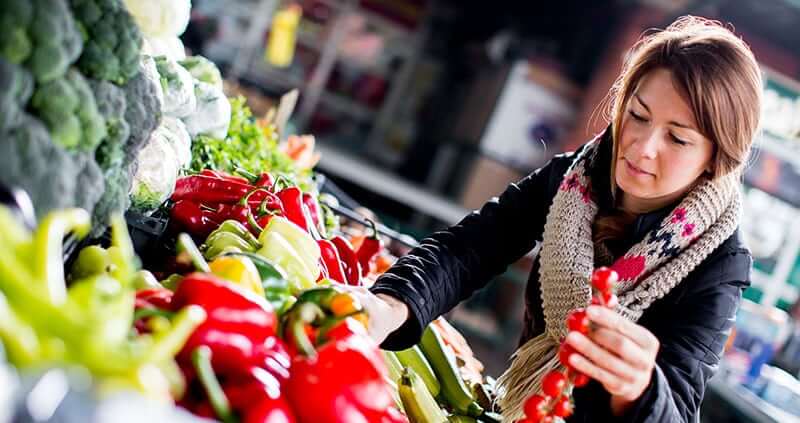When people are busy or enjoying summer vacation, they may overlook proper food preparation. It is essential for people with diabetes to follow food safety precautions to avoid food-borne illnesses.
- People with diabetes may have lowered immunity, making them more prone to infections. The body might not recognize harmful bacteria. A delayed body response can make the person more susceptible to food-borne illnesses.
- The consequences of a food-borne illness for someone with diabetes can be serious. The person is likely to be ill for a longer period time. They may wind up in the hospital. It is essential to use care during every aspect of handling food.
- Wash your hands before preparing, eating and storing food. Keep surfaces such as cutting boards and counters clean and dry at all times. Make sure dishes and utensils are clean and dry. If you cut chicken or meat on a cutting board, wash it off with soap or a disinfectant spray. Then wash your hands again before chopping other foods. Always wash vegetables and fruits before eating them. Some products may require a spray wash sold in grocery stores if extremely waxy. Check the sell-by date on foods to make sure they are safe to eat.
- Avoid cross-contamination during food preparation. Keep raw poultry and meat apart from cooked foods. Check the temperature of poultry and meat with a food thermometer to make sure they are safely cooked. Meat should be cooked to 160ºF, poultry breasts to 180°F, ground chicken or turkey to 165°F and fish to 145°F.
- Refrigerate or freeze leftover foods right away; never consume food that has been sitting around. Heated foods should be hot and chilled foods should be cold. Leftovers should never be stored for more than 2 to 5 days, depending on the food item. When it doubt, just throw it out.
- Store salad ingredients in the refrigerator and wash them before eating, even if the package states they are pre-washed. Use a bowl or salad spinner with cold water to rinse vegetables. Serve fresh salad ingredients with a chilled diabetic-friendly dressing such as Walden Farms.
- People with diabetes should avoid certain foods to minimize the risk of food-borne illnesses. Stay away from deli meats and hot dogs unless they are reheated to steaming hot. Stay away from meat spreads, raw or undercooked seafood and unrefrigerated pâté. Skip over soft-boiled or over easy eggs because the yolks are not completely cooked.
- Beware of certain dairy products. Steer clear of unpasteurized milk. Also avoid soft cheeses such as blue-veined cheeses, Feta, queso fresco, queso blanco, Camembert cheeses and Panela unless they are labeled as made with pasteurized milk. Use the same caution with sugar free desserts that contain cheese, such as cheesecake.
- Be aware of the symptoms of food-borne illnesses. They often resemble the flu with fever, diarrhea, vomiting and nausea. If you have diabetes and experience these symptoms, contact your health care provider immediately.
- If you think you have a food-borne illness, save the suspected food and its packaging. Mark it with a “danger” label and report the contaminated food to the USDA.
The temptation of prepared foods and quick meals can be dangerous for people with diabetes. Wash your hands frequently and make sure foods are properly prepared, consumed and stored. If you suspect you have a food-borne illness, get medical attention immediately.













Leave A Comment